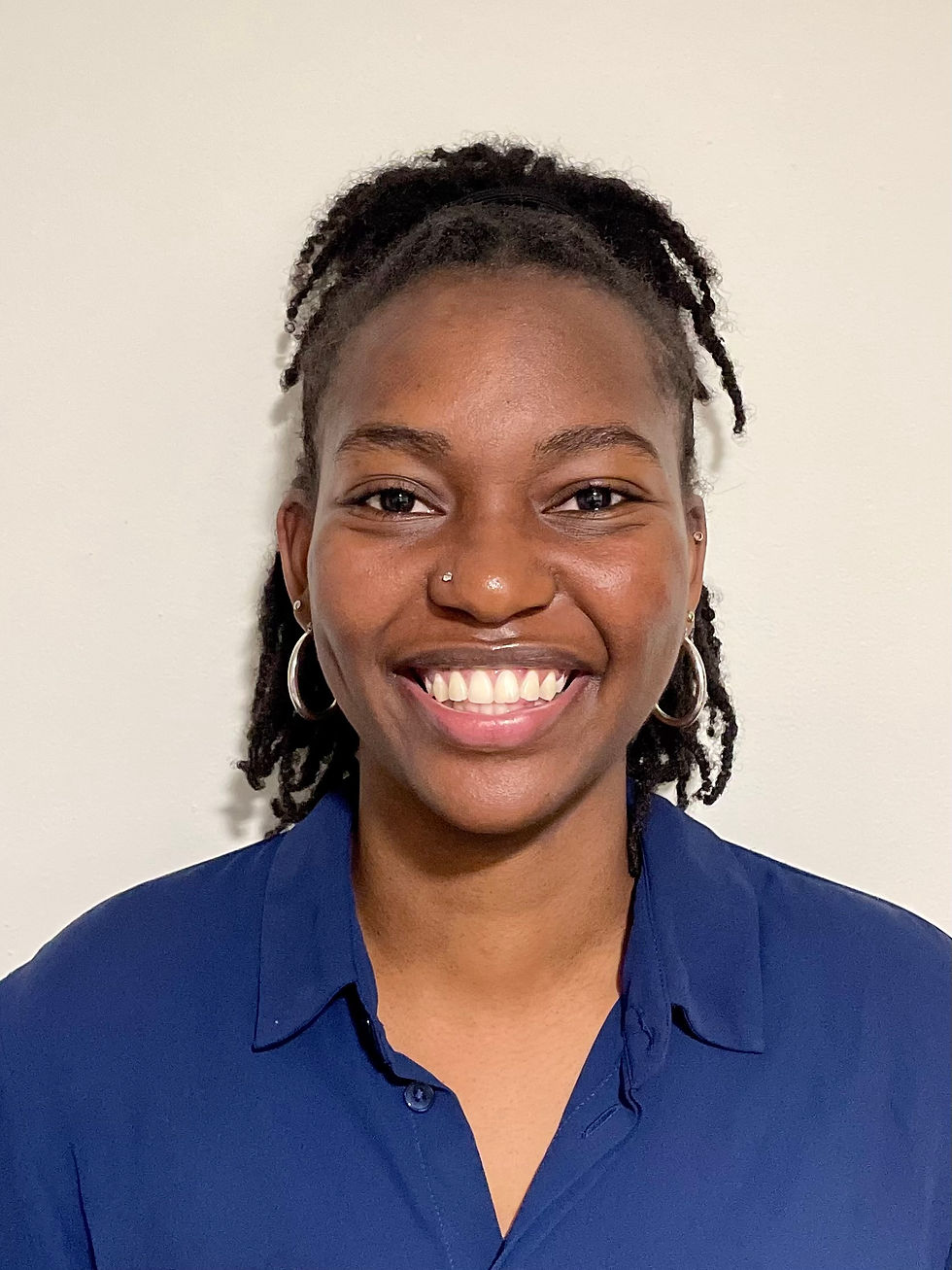What to Expect Graduating as an International Student
- prlab1
- Apr 8, 2024
- 3 min read
By: Nadia Kinyany
Transitioning from student to post-graduate is undoubtedly difficult enough for any senior. The stress of job hunting, apartment hunting, and just generally becoming a fully fledged adult for the first time is tough but especially so for international students who face the additional stress of having to deal with immigration paperwork. To help you out, here’s a few tips on what to expect going from student to post-grad that will hopefully ease your experience and leave you prepared to face the music when the time comes!

Graduation Application:
Sounds random, but yes, it’s a thing. You’ll have to fill out some straightforward paperwork making sure all the necessary boxes are completed. It might seem mundane, but completing the application can be crucial for any adjustments you need to make to your course load or for verifying your graduation status.
Part-Time Status:
If it’s your senior year, you might be contemplating part-time status. If you have the credits you need and are interested in a lighter course load for your final year, dropping down to part-time might make the most sense for you. That being said, the process is slightly different than simply declaring part-time within your college. Like most things you need to make sure you have approval from BU ISSO first before taking on a part-time course load. Once you’ve gotten in touch with ISSO, if approved, expect a fresh new I-20 waiting in your inbox for the rest of your semester!
OPT vs CPT:
If you haven’t heard of these two words leading up to senior year, then prepare to get sick of them. In a nutshell, OPT and CPT are the two types of work authorization students are able to apply for post graduation. OPT (meaning Optional Practical Training) allows students 12 months of off-campus employment authorization in order to get hands-on experience in a field related to their major. Similarly, CPT (meaning Curriculum Practical Training) allows students off-campus employment authorization if their major/minor requires internship hours or some other type of field experience. While both are available to students during their studies, OPT tends to be used more after graduation while CPT is used more while still a student. Leading up to graduation, expect to learn the differences between OPT and CPT and decide which applies best to you going forward. More information on OPT and CPT can be found on the ISSO website.
ISSO Workshops:
By the time you’re reaching senior year, you’re probably already familiar with ISSO. Well, leading up to graduation, expect to get a lot more familiar with them. The amount of paperwork involved in trying to get work authorization can get overwhelming, lucky for you, BU ISSO is very involved throughout the transition. They offer students the chance to attend workshops where they go over the OPT/CPT process step-by-step. These workshops can seem boring, and maybe even unnecessary, but in the long run they are extremely helpful. The ISSO covers topics ranging all the way from what kind of post-grad authorization makes the most sense for you to when the best time frame is for you to begin your application. To make everything even easier, the ISSO has recordings of their workshops available on their website for you to watch. As you prepare to graduate, be sure to take advantage of all the ways ISSO is here to help, and don’t hesitate to reach out whenever things get confusing.
About the Author:
Nadia Kinyany is a senior at Boston University majoring in Public Relations. She is an international student and was born and raised in Nairobi, Kenya. Growing up in an international setting has really made her develop a passion for global development and all things related, particularly healthcare. In her spare time, Nadia enjoys traveling as well as music.





Comments